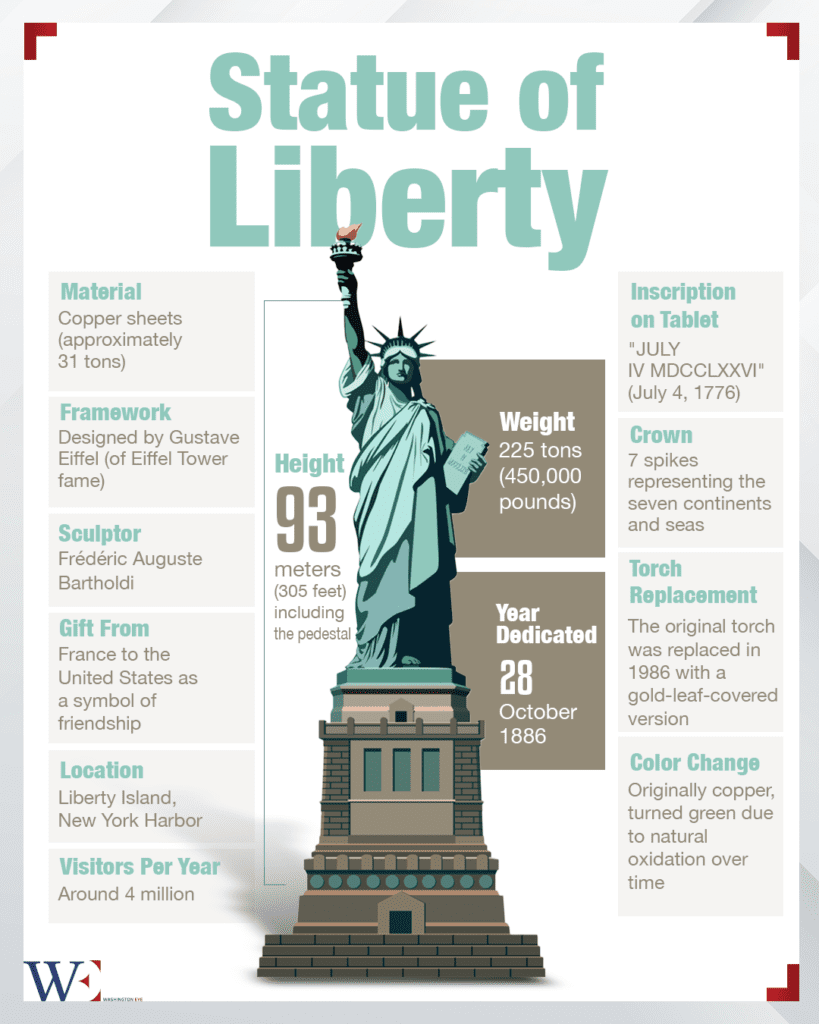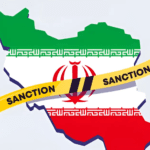In a White House press briefing this week, Press Secretary Karoline Leavitt addressed a range of issues, from U.S.-France relations to immigration and the domestic economy. The remarks came in response to French politician Raphaël Glucksmann’s suggestion that France should reclaim the Statue of Liberty, given what he described as the U.S. government’s shift away from democratic values.
Leavitt’s statements, particularly her comments about World War II, the necessity of U.S. deportation policies, and the administration’s latest economic relief efforts, have stirred widespread debate.
France Should Be ‘Grateful’—Leavitt’s Remarks About France
Leavitt didn’t hold back in her response to Glucksmann, reminding the world of the U.S.’s crucial role in liberating France during World War II. “France should be grateful they’re not speaking German right now,” she stated, reinforcing the long-standing argument that American intervention during the war played a decisive role in ensuring France’s freedom.
The statement echoes historical sentiment but also sparked pushback from critics, who viewed it as a dismissive oversimplification of the sacrifices made by Allied forces, including the French Resistance and British troops. Nonetheless, Leavitt’s remarks served as a reminder of the deeply intertwined military history between the U.S. and France.
“Deportations Will Save Lives”—Leavitt’s Immigration Stance
Turning to domestic policy, Leavitt defended the administration’s tough stance on immigration, arguing that increased deportations will ultimately save American lives. She emphasized that strict enforcement policies are necessary to deter crime and illegal border crossings, aligning with the administration’s broader narrative on national security.
Her statement fits into a larger debate on immigration, with supporters arguing that enforcement reduces criminal activity, while critics highlight concerns over human rights violations and the economic contributions of immigrants. Regardless, Leavitt’s remarks made it clear that the administration will not be softening its approach anytime soon.
Economic Relief Measures: Stimulating Growth Amid Challenges
Leavitt also took the opportunity to highlight President Trump’s latest economic relief initiatives, which are aimed at addressing financial hardships and boosting economic growth. She stated that the administration remains committed to helping American families navigate economic uncertainty, particularly in light of inflation concerns and shifts in the global market.
While details on specific policy measures were limited, the press secretary assured the public that tax cuts and business incentives are part of the broader strategy. This aligns with the administration’s ongoing push for deregulation and job creation as core elements of economic recovery.
Counterterrorism: Keeping America Secure
In addition to foreign policy disputes and economic policies, Leavitt reaffirmed the administration’s unwavering stance on counterterrorism. She reiterated that President Trump remains committed to pursuing justice against those who pose a threat to national security.
Though no specific threats were mentioned, Leavitt stressed that security forces are working around the clock to prevent potential attacks and ensure American safety. The briefing comes amid increased scrutiny over U.S. defense strategies and alliances in a rapidly evolving geopolitical landscape.
Presidential Approval Ratings: A Popularity Boost for Trump?
Leavitt concluded the briefing on a high note for the administration, pointing to recent polls that show President Trump tying for his highest approval rating since taking office. According to Leavitt, these numbers reflect growing public confidence in the administration’s leadership, particularly in areas of economic recovery and national security.
Furthermore, she noted that a record number of Americans now believe the country is on the right track—figures that, if accurate, would mark a significant political milestone ahead of the next election cycle.
A Final Note
Leavitt’s remarks in this press briefing reinforced the administration’s hardline approach to both domestic and foreign policy, but not without generating significant backlash.
Her comments on France’s history, particularly the claim that the country should be “grateful” for U.S. intervention in World War II, were widely criticized as dismissive and historically reductive. Similarly, her defense of mass deportations as a life-saving measure sparked renewed criticism from immigration advocates who argue that such policies cause more harm than good.
Beyond these contentious statements, Leavitt’s discussion of economic relief and counterterrorism seemed more focused on bolstering the administration’s image rather than addressing deeper concerns about policy effectiveness.















